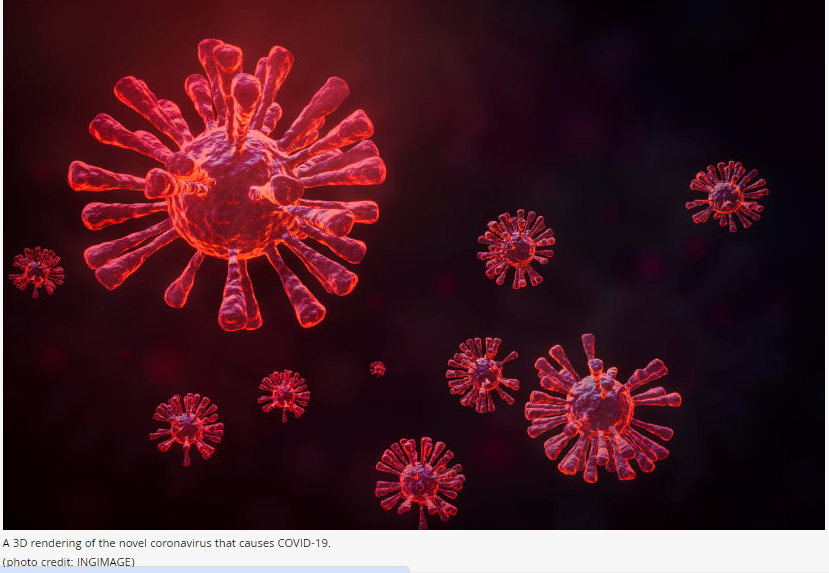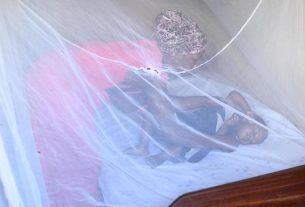A new variant of COVID-19, known as JN.1, reportedly first emerged in the United States in September of last year.
What makes JN.1 different from other COVID variants?
The JN.1 variant is a distant descendant of the Omicron family, which has been the primary cause of COVID-19 infections in recent years.
It has undergone numerous genetic changes, enabling it to infiltrate the body’s cells differently. Consequently, the body finds it increasingly challenging to detect and neutralize this variant, allowing it to spread and infect others more rapidly.
I already got the COVID vaccine, will that protect me from JN.1?
While preliminary data suggests that existing vaccines offer some level of protection against JN1, this protection is not comprehensive. However, one advantage of mRNA vaccines is their ability to be swiftly updated to address new strains. Manufacturers are already working on adapting the vaccines to combat this specific variant.
What are the symptoms associated with JN.1?
A recent survey conducted in the UK identified several common symptoms among individuals infected with the JN.1 variant. These include a runny nose, cough, headache, weakness, fatigue, muscle pain, and sore throat. However, the loss of taste and smell, which was prevalent in previous variants, appears to be less common with JN.1. Interestingly, sleep problems and anxiety have been reported as new symptoms by roughly 10% of those infected with this variant.
How long will the coronavirus continue to produce new mutations?
Mutations are a natural result of genetic errors during the replication of the virus, leading to the emergence of new strains, some of which may possess advantageous characteristics. While most mutations ultimately lead to the extinction of new strains, certain variants demonstrate higher infectivity, immune system evasion, and rapid replication, which is why they gain attention. Given the high mutation rate of coronaviruses, it is likely that new strains will continue to emerge in the future. The most effective way to combat them will be through high vaccination rates within the population.



